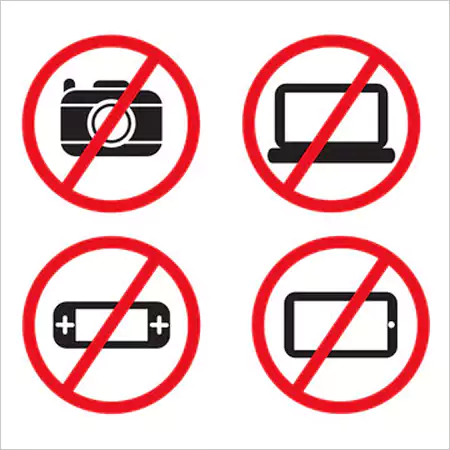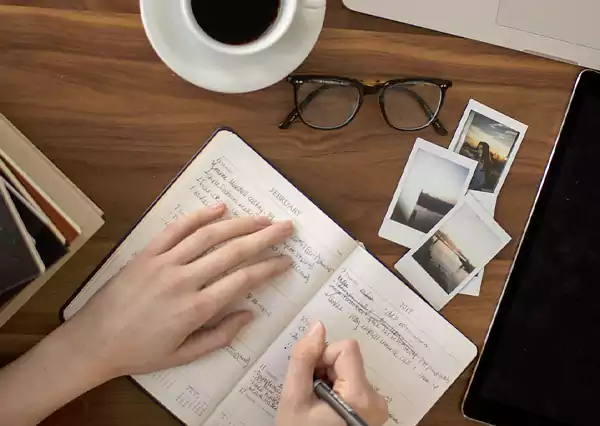Having a hard time unwinding after a long day of work? You’re not alone. The demands of our daily lives can take a toll on our mental and physical well-being, leaving us exhausted and stressed.
For many of us, the thought of unwinding after a long day at work can seem impossible. We may feel too exhausted, stressed, or overwhelmed to think about relaxation. But taking the time to relax is essential for maintaining physical and mental health. You can decorate your bedroom to make it more comfortable or create the ultimate gaming room and have fun.
In this blog post, we’ll share 5 proven ways to help you unwind after work so you can better manage your stress levels and enjoy some well-deserved rest.
Importance of Unwinding after work
We all make plans for things we want to do on the weekend, but what about the plans for when we are free after work? There are numerous advantages to unwinding after work for your personal and professional lives.
- You can reduce your stress and focus on something other than your work by setting aside some time for relaxation after work. This allows you to release mental pressure after a long day at work.
- After a demanding workday, relaxing can help you think more clearly the following day. Having a clear head when you return to work facilitates making important decisions.
- Soothing yourself can help you avoid potential health issues by lowering stress and bad thoughts.
Now that you know about the importance of relaxing after work, we will provide you with 5 tried and tested methods to effectively unwind after your work.
5 Proven Ways to Relax After Work
There are various ways to relax after work, but you should figure out what suits you the most. Here are five tips to help you unwind following work:
Take a Break from Electronics

Taking a break from electronics can help you relax, destress, and give your mind much-needed time away from the digital world.
Start by setting aside specific times of the day to unplug. Consider designating certain times of the day as “no tech zones” where you don’t use any kind of electronics or technology. This allows you to focus on other activities, such as reading, writing, or simply taking a few moments for yourself.
When you’re taking a break from electronics, make sure to choose activities that promote relaxation. Take a walk in nature, practice yoga or meditation, ride a bike, take a bath, listen to calming music, go out with friends, paint, or draw. These activities will help you slow down and focus on yourself instead of being distracted.
Meditate or Do Some Deep Breathing Exercises

Meditation and deep breathing exercises are great ways to relax your body and mind. Meditation can help to clear your mind of the thoughts and worries that can accumulate throughout the day, and it can help to create a sense of peace and calm. Deep breathing exercises are also incredibly beneficial for calming your body down, as they help to reduce stress levels and restore balance.
If you’re new to meditation, start by focusing on your breath. Sit in a comfortable position and slowly inhale and exhale through your nose, counting each breath as you do so. To relax further, you can use guided meditations or sleep meditation apps to help you focus your thoughts.
Deep breathing exercises are an excellent way to reduce stress in just a few minutes. Try sitting comfortably with your eyes closed, and then take a few slow, deep breaths. Feel your belly rise as you inhale and then slowly exhale. Do this for several minutes, and you should notice a difference in how relaxed your body feels.
Read a Good Book

Reading can be an incredibly calming and nourishing activity, especially when you take the time to immerse yourself in a captivating story. Whether you read fiction or non-fiction, spending some time with a book can be an effective way to unwind.
When selecting your book, ensure it’s something you can get into. You may want to choose something that is both relaxing and engaging – a mix of escapism and learning – so that you don’t need to check your phone for distractions constantly. A good book should transport you to another world, inspiring you to relax and reflect on the characters and events as they unfold.
If you are anxious about something while reading, take your pet and put it on your lap. You will feel much calmer if you know that your furry friend is somewhere around. Nuwber says that owning a cat or a dog has a strong correlation to reading. So if you still don’t have a pet, get one to manage loneliness and anxiety.
Write in a Journal

Journaling is an excellent way to manage stress after a long day at work. Taking a few minutes to reflect on your day and process your thoughts can help you have a rest. Writing can also be an opportunity to express gratitude, helping to put life’s stresses into perspective. It is also a great way to practice self-reflection and identify areas of growth and improvement.
You don’t need anything but a blank notebook and a pen to get started. You can choose whatever style of journaling you want. Write about your day, list things you are grateful for, or even doodle. The goal is to allow yourself to be creative and explore your thoughts.
Writing down your thoughts can provide a sense of catharsis, helping you feel lighter and more positive about life’s challenges.
Listen to Calming Music

Music can help to reduce stress levels and make you feel more relaxed. There are many types of calming music, from classical and ambient to calming nature sounds. If you don’t know what type of music to listen to, try browsing some streaming services like Spotify or YouTube for inspiration.
We would also suggest you fix issues like Spotify stopping or crashing, another thing you can do is buy Spotify Premium and have an uninterrupted music experience.
When selecting calming music, look for slow, peaceful, and soothing pieces. Listen to the music through headphones, if possible, to block out distracting noises and immerse yourself in the calming sounds. You can also use apps that offer unique soundscapes, such as rainforest sounds or ocean waves, designed to reduce stress and anxiety.
Pick a track that triggers a positive emotion or reflects your current state of mind, and let it take you away from the strain of everyday life. Listening to calming music has been shown to lower blood pressure, heart rate, and even cortisol levels, so it’s worth giving it a go.
Key Takeaways
Unwinding after work is essential for managing stress, improving your overall well-being, and having more energy for the next day.
You can surely find simple habits that will make you happier. Take a break from electronics, exercise, meditate, read, write in a journal, listen to calming music, or just make time for yourself. Find activities that help you relax and destress.
Taking even a few minutes each day to unplug and unwind can make a big difference in how you feel and how productive you are. Give yourself permission to relax and enjoy the moment.
Sources
How to Relax After a Long Day – wikiHow
How You Unwind After Work Can Affect Your Mood the Next Day – Healthline







